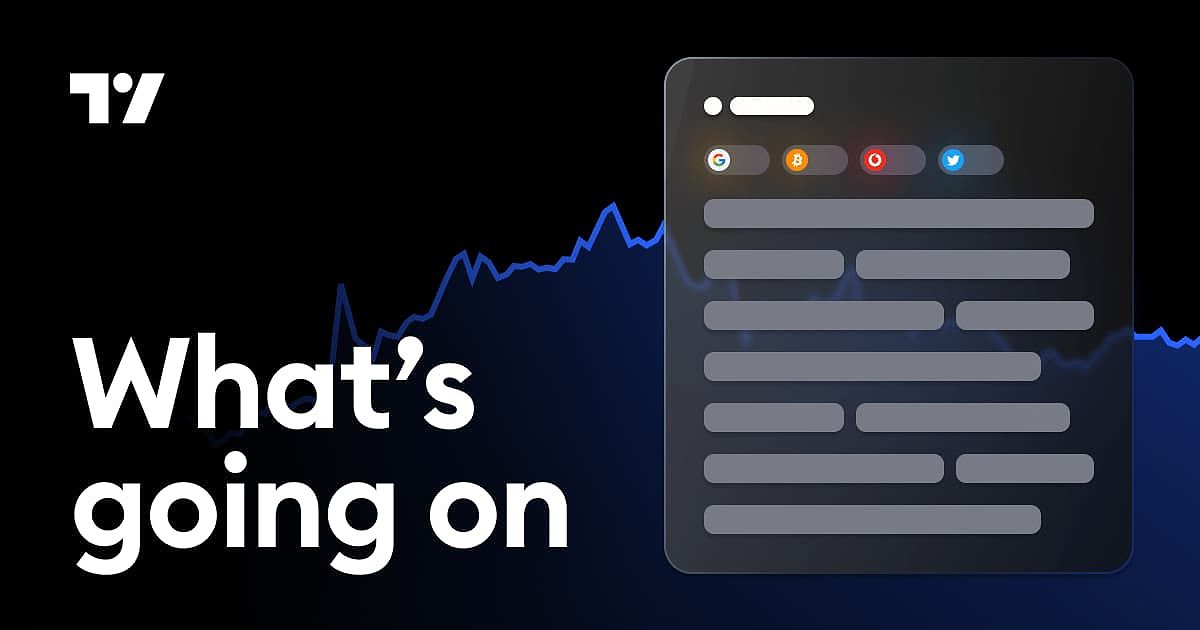Kaspersky predicts the key cybersecurity challenges that industrial enterprises will face in 2024, including ransomware targeting high-value entities and the rise of cosmopolitical hacktivism. The rapid automation and digitization of logistics and transport will also introduce new threats. Stay vigilant and adapt your cybersecurity strategies to mitigate risks effectively.
Ransomware Targeting High-Value Entities: The Growing Threat Landscape
Ransomware attacks continue to be a significant concern for industrial enterprises, and in 2024, the risks are expected to escalate further. Large organizations, unique product suppliers, and major logistics companies will face increased threats, potentially leading to severe economic and social consequences. Cybercriminals are likely to target entities capable of making substantial ransom payments, causing disruptions in production and delivery.
As industrial enterprises become more interconnected through the adoption of IIoT (Industrial Internet of Things) and SmartXXX systems, the attack surface for cybercriminals expands. This increased connectivity creates vulnerabilities that can be exploited by ransomware attacks, resulting in costly downtime and compromised operations.
Industrial enterprises must prioritize cybersecurity and improve their defenses to protect against these evolving threats. It is crucial to implement robust security measures, such as regular data backups, network segmentation, and employee training to identify and respond to potential ransomware attacks effectively. Additionally, organizations should avoid paying ransoms to cybercriminals, as it only encourages further attacks.
The Rise of Cosmopolitical Hacktivism: Geopolitical Motivations and Destructive Consequences
In 2024, we can expect to see an intensification of geopolitically motivated hacktivism, leading to more destructive consequences. While country-specific protest movements will continue to be a driving force, there will also be a rise in cosmopolitical hacktivism fueled by socio-cultural and macro-economic agendas, such as eco-hacktivism.
This diversification of motives will contribute to a more complex and challenging threat landscape. Industrial enterprises need to be prepared for the potential impact of hacktivist attacks, which can disrupt operations, compromise sensitive data, and damage reputation.
Organizations should prioritize comprehensive cybersecurity measures, including regular vulnerability assessments, incident response plans, and employee awareness training. By staying informed about the evolving motivations and tactics of hacktivists, industrial enterprises can better protect their systems and mitigate the risks associated with cosmopolitical hacktivism.
Subtler Threats and Detection Challenges: The Controversial Consequences of Offensive Cybersecurity
The use of "offensive cybersecurity" for gathering cyberthreat intelligence is expected to have controversial consequences in 2024. While it may improve corporate security by providing early signs of potential compromises, there is a thin line between the grey zone and the shadows that may be breached.
Profit-driven cyber activities, armed with commercial and open-source tools, could operate more discreetly, making detection and investigation challenging. Industrial enterprises must navigate this complex landscape by striking a balance between proactive cybersecurity measures and respecting legal and ethical boundaries.
Implementing advanced threat detection systems, conducting regular security audits, and partnering with trusted cybersecurity providers can help industrial enterprises stay ahead of these subtler threats. By prioritizing continuous monitoring and threat intelligence sharing, organizations can strengthen their defenses and effectively respond to evolving cyber threats.
Shifts in Threats Related to Logistics and Transport: The Convergence of Cyber and Traditional Crimes
The rapid automation and digitization of logistics and transport in 2024 will introduce new challenges that blend cyber and traditional crimes. This convergence opens the door to various threats, including theft of vehicles and goods, maritime piracy, and smuggling.
Non-targeted cyberattacks may have physical consequences, particularly in river, sea, truck, and special-purpose vehicles. Industrial enterprises operating in the logistics and transport sectors must be aware of these evolving risks and take proactive steps to protect their assets, data, and operations.
Implementing robust physical security measures, such as surveillance systems, access controls, and cargo tracking technologies, can help deter traditional crimes. Additionally, adopting cybersecurity best practices, such as secure network architectures, encryption, and regular security assessments, will help mitigate the cyber risks associated with the digitization of logistics and transport.

